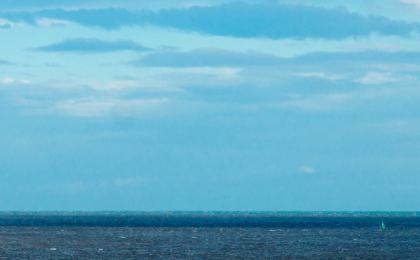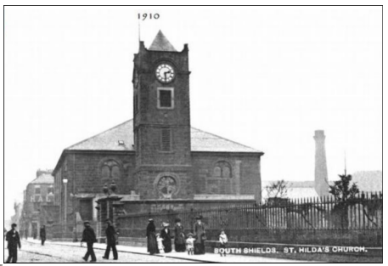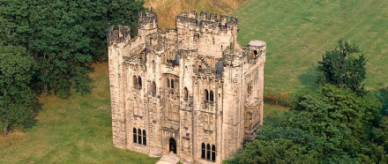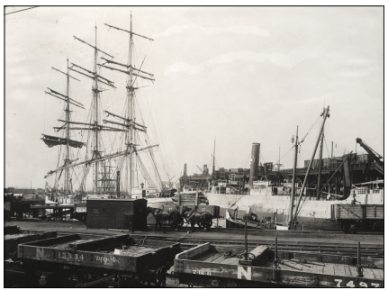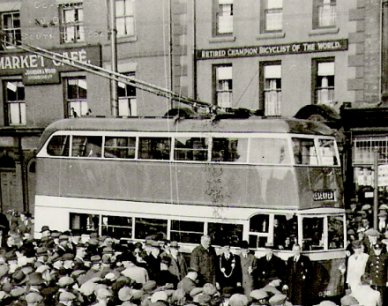South Shields, with its important Roman, religious, and diverse industrial and trading history, is an ex-mining and shipbuilding town with six miles of coastline, nearly three miles of riverside, and a population of some 73,000. The town’s industrial past - fishing, glass-making, mining, shipbuilding, shipping, and local press - has been well-documented historically, and is of national and international significance.
As documented by J.B. Priestley in his English Journey of 1934, the towns of South Shields, Jarrow, and Hebburn suffered greatly from unemployment in the depression years and, perhaps through necessity, evolved a proud history of volunteering and voluntary support groups, many linked to churches, and many not. Action Station on Boldon Lane was founded in 1998 by local residents, groups and churches to support the most disadvantaged residents of South Tyneside.
It is a place where individuals and groups can access services and opportunities which will enhance their life chances and well-being - and it is the venue of a new Heritage Research Group (HRG) supported by the WEA’s ‘Routes of Social Change’ project. HRG members aim to meet socially every two weeks to explore, share, and document hidden layers and wider fields of local history and heritage whilst improving their own learning and skills in research, archiving, publication and dissemination.
Other useful links:
South Shields Local History Group
To join in with activities of the South Shields Heritage Research Group, email [email protected] for details.
Read the latest minutes and study updates from the group here. Archive meeting minutes will appear here as the group progresses.
South Shields, situated on the southern bank of the River Tyne's mouth, was known as Arbeia in Roman times and Caer Urfa by the Middle Ages. Archaeological evidence indicates habitation from the Late Mesolithic period. Discoveries at the site of Arbeia Roman Fort, which protected the main sea route to Hadrian's Wall from CE 129, include Stone Age arrowheads and an Iron Age roundhouse. Arbeia served as a crucial garrison and supply base for other forts along Hadrian's Wall, marking its importance in Roman Britain. The name "Arbeia" means "place of Arabs," possibly referring to a squadron of Mesopotamian boatmen from the Tigris (modern-day Iraq). Over its approximately 300-year Roman occupation, the fort housed infantry from Iberia and Gaul, along with Syrian archers and spearmen.
The name "South Shields" may derive from the northern Middle English word ‘schele’ or ‘shale’, related to the Old Frisian ‘skul' (hiding place) or the Old Norse ‘skjol' (shelter) and ‘skali' (hut). Locally, "Shields" is still used as an abbreviation and might have originally referred to a row of fishing family dwellings or upturned boat shells. Viking ship remains have reportedly been found in South Shields (Denmark Centre) and Jarrow.
Historical records indicate that Oswine, son of King Osric of Deira (mostly modern-day Yorkshire), was born in 'Caer Urfa'. The Venerable Bede mentions Oswine donating land to St. Hilda for a monastery foundation at Caer Urfa around CE 647. The present-day St. Hilda’s Church, near the Market Place, is believed to stand on this monastic site.
Early industries in South Shields included agriculture, salt panning from the 15th century, boat building, and fishing. During the English Civil War, two years after its outbreak, Scottish Covenanter allies of Parliament captured the town and its Royalist fortification, near the original Roman fort site, after a lengthy battle. The Royalist militia retreated to Hylton.
In the 19th century, coal mining, alkali production, glassmaking, railway development, shipping infrastructure, and maritime trade spurred significant growth in the town. The population surged from 12,000 in 1801 to 75,000 by the 1860s, driven by economic migration from Ireland, Scotland, and other parts of England. John Readhead & Sons shipyard, founded in 1865, was acquired by Swan Hunter in 1967 following the Geddes Report's recommendation to rationalize shipbuilding on the Tyne. Nationalized with Swan Hunter in 1977, the shipyard at South Shields closed in 1984
